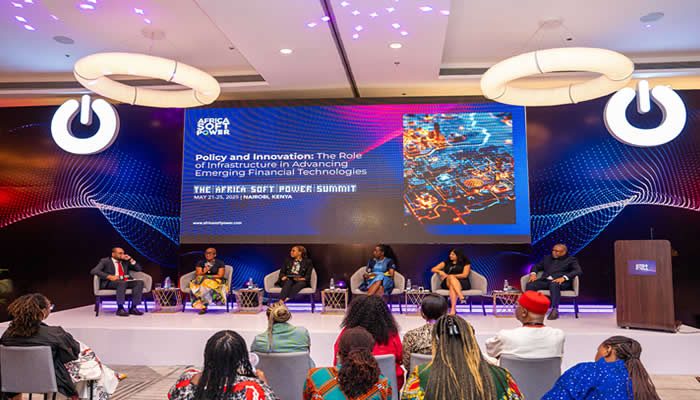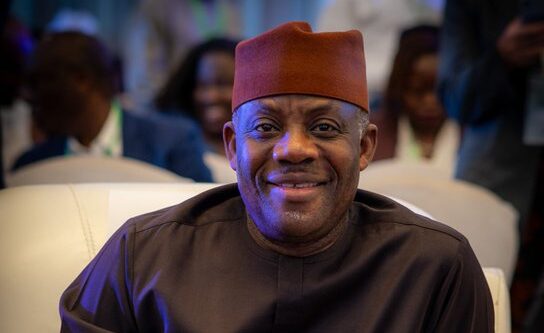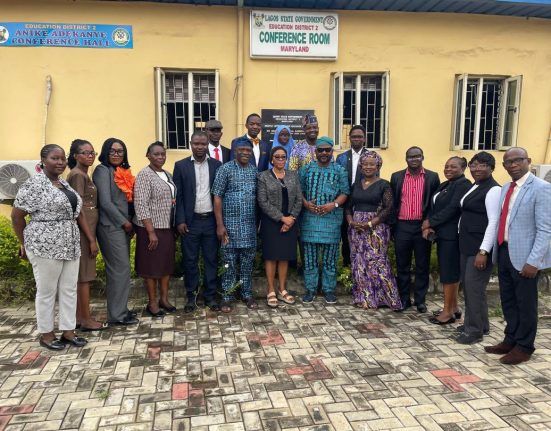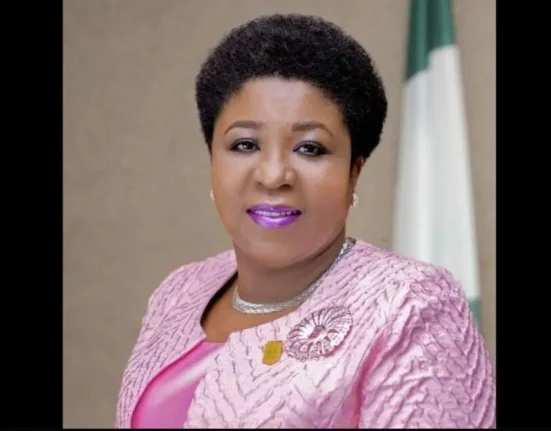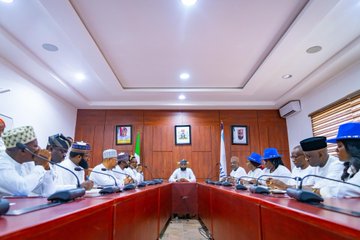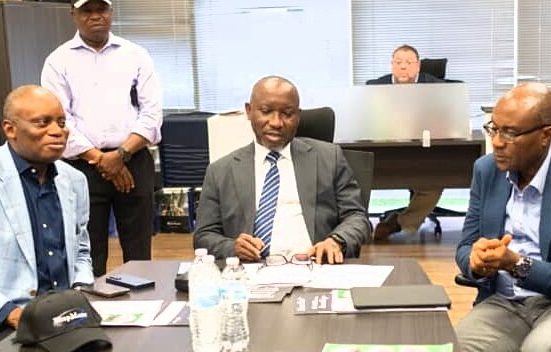Prominent African business leaders and policymakers have reiterated the urgent need for the continent to invest in homegrown innovation and foundational infrastructure as a pathway to long-term economic stability and global relevance. This call was made at the just-concluded 2025 edition of the Africa Soft Power Summit, which took place in Nairobi, Kenya, and brought together influential voices from business, government, technology, and the creative industries.
The summit, which ended on May 25, revolved around the theme: “Africa’s Growth Engine: Aligning the Flow of Money, Innovation, and Global Opportunities.” In a post-event statement released on Tuesday, the organisers emphasised that the forum served as a strategic platform to drive meaningful dialogue around aligning Africa’s financial systems, technological evolution, and creative power to foster inclusive, homegrown development solutions.
One of the most resonant messages at the summit was the need for Africans to lead the charge in solving the continent’s most pressing challenges, particularly in areas like digital finance, artificial intelligence, remittances, and the burgeoning creative economy. Experts and participants agreed that dependency on foreign frameworks has slowed Africa’s potential, and only bold, internally-driven reforms can truly unlock its economic destiny.
Dr. Nkiru Balonwu, founder of the Africa Soft Power Group, while addressing participants, stated that the time has come for the continent to stop outsourcing its development strategies. According to her, Africa must urgently pivot towards building systems that are designed with its realities in mind. “We can no longer afford to look outside for answers to problems that are uniquely ours. Innovation must be homegrown, and the infrastructure to support it must be reliable, accessible, and inclusive,” she said.
The summit also tackled the issue of gender equity, not just as a matter of social fairness, but as an economic imperative. Kenyan Member of Parliament, Naisula Lesuuda, cautioned against what she described as “inclusion fatigue” and the growing trend of performative diversity in corporate and political spaces. She challenged institutions across Africa to ensure that gender equity is embedded structurally in leadership decisions, not merely adopted as a token gesture.
Supporting this stance, Mary Mulili, Executive Director of United Bank for Africa (UBA) in Kenya, added that true progress will only happen when systemic barriers to women’s participation in leadership are dismantled. She urged corporate bodies and public institutions to reimagine how leadership pipelines are created and sustained, particularly with regard to female inclusion.
One of the highlights of the summit was the Creative & Innovative Industries Conference, a segment that spotlighted Africa’s expanding global footprint in digital innovation, artificial intelligence, film, fashion, and wellness. Delegates praised the continent’s growing cultural capital, which has become a powerful tool for economic diplomacy and influence on the international stage.
Philip Ikeazor, Deputy Governor of the Central Bank of Nigeria, also weighed in on the evolving role of financial regulators in supporting this momentum. He disclosed that central banks and financial institutions across Africa are reviewing and updating regulatory frameworks to better support the digital finance ecosystem. According to him, the goal is to strike a balance between innovation, access, and systemic stability.
As conversations at the summit drew to a close, one thing became clear: Africa’s pathway to prosperity lies in its ability to harness local talent, build resilient infrastructure, and craft policies that reflect its unique social and economic context. The consensus among stakeholders was that only by taking ownership of its growth narrative can Africa secure a competitive place in the global economy.

